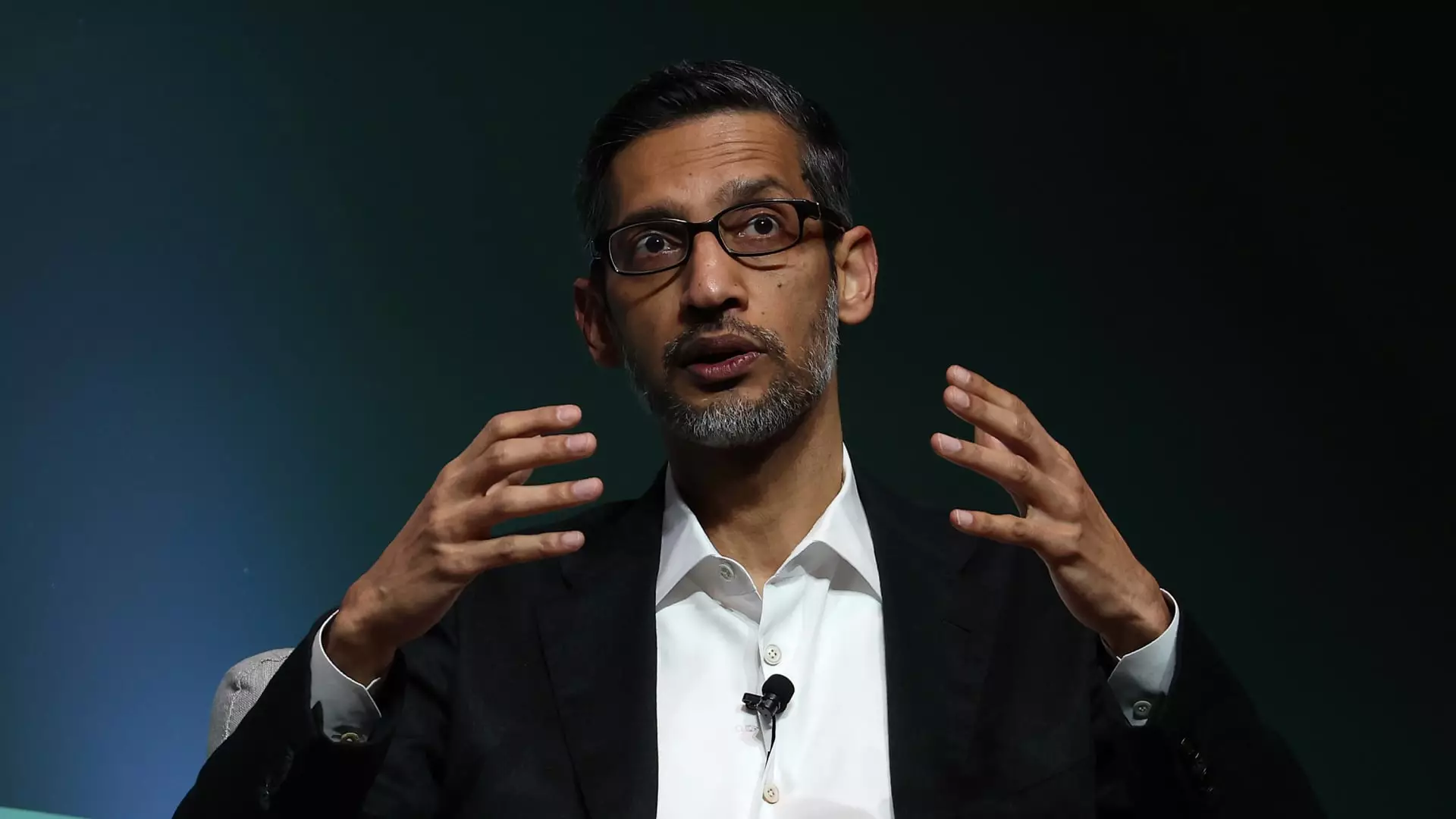The decision by Wiz to walk away from a $23 billion deal to be acquired by Google raises questions about the true motivation behind this move. While co-founder Assaf Rappaport cited antitrust and investor concerns, it is crucial to delve deeper into what these concerns actually entail. By choosing to pursue an initial public offering instead, Wiz is taking a significant risk that could potentially impact its future growth and market position.
Rappaport mentioned in the memo obtained by CNBC that Wiz would be focusing on achieving its next milestones: an initial public offering and $1 billion in annual recurring revenue. These targets were already in place before the acquisition talks with Google surfaced, indicating that Wiz had a well-defined roadmap for its future growth. By prioritizing these milestones, Wiz is demonstrating a strong commitment to its long-term strategy and vision.
The decision to walk away from the Google acquisition deal highlights the competitive landscape in the cloud security market. With large firms such as Microsoft and Amazon already dominating this space, Wiz faces the challenge of standing out and capturing market share. The collapse of the deal could hinder Wiz’s ability to compete effectively in a crowded and rapidly evolving market, posing potential obstacles to its growth trajectory.
The collapse of the acquisition deal will undoubtedly have implications for venture firms and investors with stakes in Wiz. Index Ventures, Insight Partners, Lightspeed Venture Partners, Sequoia, and other firms that have invested in Wiz were banking on the success of this deal to generate significant returns. The failure of the transaction underscores the unpredictable nature of the tech industry and the challenges associated with securing lucrative exits for high-growth startups.
The timing of Wiz’s establishment in January 2020 coincided with the onset of the Covid-19 pandemic, which led to a surge in demand for cloud-based software and infrastructure. This shift towards remote work and increased reliance on cloud services benefited Wiz, enabling the startup to capitalize on the changing market dynamics. The rapid growth of Wiz in a short period underscores the critical role of external events in shaping the trajectory of tech companies.
As Wiz forges ahead with its plan to pursue an initial public offering, there are valuable lessons to be learned from this experience. The decision to walk away from the Google deal underscores the importance of strategic foresight, market positioning, and the ability to navigate complex negotiations in the tech industry. Moving forward, Wiz will need to reassess its growth strategy, differentiate itself in a competitive market, and build resilience against external disruptions to achieve long-term success.
The decision by Wiz to forego the Google acquisition deal raises important questions about the company’s future prospects, market competitiveness, and strategic direction. By critically analyzing the factors that influenced this decision, stakeholders can gain valuable insights into the challenges and opportunities facing high-growth startups in the tech industry. As Wiz embarks on its journey towards an initial public offering, it will be essential for the company to leverage its strengths, address potential weaknesses, and adapt to a rapidly evolving market landscape.


Leave a Reply